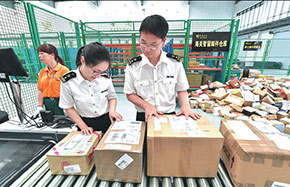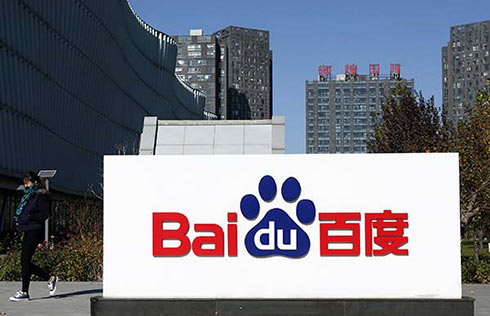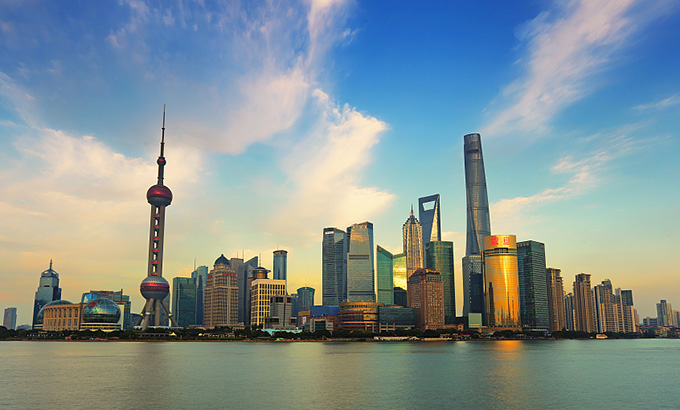GSK corruption claims trigger wider concerns
Industry insiders say bribery and kickbacks for prescribing medicine an 'open secret' in China
The investigation by Chinese police into the British pharmaceutical giant GlaxoSmithKline Plc (GSK) has triggered concerns over corruption in the pharmaceutical industry across the country.
On June 28, police in Changsha, Hunan province, said on the micro-blogging service Sina Weibo that they were investigating senior management at GSK China for suspected "economic crimes". Chinese media also reported that an unknown number of the company's employees in three cities, including Beijing, Shanghai and Changsha, had been detained. The employees include at least one foreign executive.
GSK China has confirmed that Chinese authorities had visited the company's offices in Beijing, Shanghai and Changsha.
"We can confirm we are aware of an ongoing investigation by Chinese government authorities," Fang Fang, a public relations spokeswoman from the corporate communications department at GSK China, told China Daily on Tuesday.
"At this stage it is still unclear what the precise nature of the investigation is. We will of course cooperate with the inquiry," she said.
Changsha police declined to release further information and didn't specify the exact nature of the allegations on its micro blog. The phrase "economic crimes" is frequently used by Chinese authorities to refer to corruption.
The investigation came soon after GSK announced its own investigation into alleged bribery of doctors in China last month, which was prompted by an anonymous internal whistle-blower.
GSK sales staff had allegedly been offering cash payments, lavish dinners and all-expenses-paid trips to doctors in China, hoping to boost their prescriptions of GSK-supplied drugs, according to The Wall Street Journal.
But the drugmaker later said it found no evidence of corruption or bribery in its business operation in China.
"Over the last four months we have used significant resources to thoroughly investigate each and every claim from this single, anonymous source and have found no evidence of corruption or bribery in our China business," the company said last month in a statement.
Also last month, GSK ran into problems with its research and development sector in China. The company fired its China head of R&D, Zang Jingwu, for misrepresenting data in a scientific paper in 2010 that was published in Nature Medicine.



















